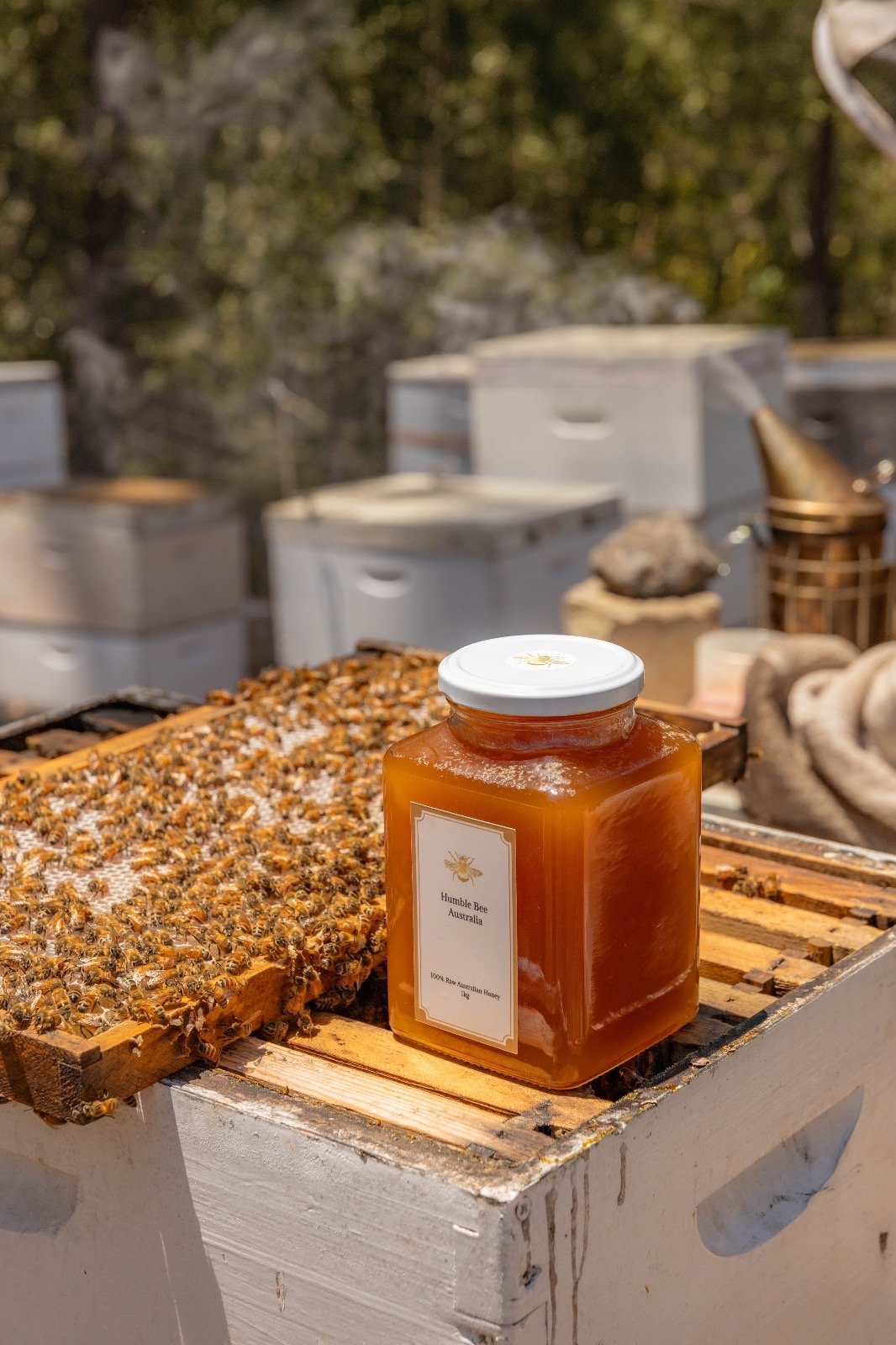
Fun Facts
Did you know?
There are three types of bees: Queen, Worker and Drone.
A colony of bees can contain between 20,000 and 60,000 bees, but only one queen bee.
Honey means ‘enchant’ in Hebrew.
Bees are the only insects in the world that make food for humans.
In America 80% of the pollination of the fruit, vegetable and seed crops is done by honeybees.
Beekeepers only take the honey that the bees do not need, but this can be as much as 45kg from one hive!
Honeybees have five eyes.
Bees have two separate stomachs; one for food and another just for nectar.
Honeybees never sleep and they communicate by dancing and using pheromones.
Honey stored properly, never goes off or expires. Honey vats were actually found underground in King Tut’s tomb 2000 years later.
The queen bee is the largest bee in the hive. She can lay up to 2,000 eggs a day, twice her own body weight!
Drones only job is to mate with queen bees. They do no other work and don’t even have a stinger.
Worker bees are all female and are the only ones that will sting you if they feel threatened.
In ancient times, German peasants were required to pay their lords with honey and beeswax.
Honey contains all the substances needed to sustain life, including enzymes, water, minerals and vitamins.
Honey’s ability to attract and retain moisture means that it has long been used as a beauty treatment. It was part of Cleopatra’s daily beauty ritual.
Native Americas used to call the honeybee, “White Man’s Flies,” because swarms came after the Europeans arrival.
It would take 1,100 bees to make 1kg of honey and they would have to visit 4 million flowers.
Two tablespoons of honey would fuel a honeybee to fly once around the world.
There are lots of different types of honey which taste different depending on the flowers used to make it.
Benefits of Honey
-
Antioxidants: Honey contains flavonoids and polyphenols, which act as antioxidants and help protect cells from damage
Anti-inflammatory: Honey can help reduce inflammation, which can help with healing and fighting off infections
Antibacterial: Honey can help treat wounds and burns
Wound healing: Honey can help heal wounds and burns
Cough suppressant: Honey can help suppress coughs
Digestive health: Honey may help with digestive health
Skin care: Honey may have properties that can help with skin care
Heart health: Honey may help with heart health
Cholesterol: Honey may help reduce cholesterol
Diabetes management: Honey may help manage diabetes by lowering blood sugar levels
Heartburn relief: Honey may help relieve heartburn by coating the upper gastroesophageal tract
-
Antibacterial: Honey can help treat wounds and prevent pathogen infections
Anti-inflammatory: Honey can help reduce inflammation and soothe the skin
Antioxidant: Honey can help protect skin from environmental damage and prevent signs of aging
Exfoliating: Honey's natural enzymes can remove dead skin cells and unclog pores
Moisturising: Honey can absorb moisture from the air and lock it into your skin.






